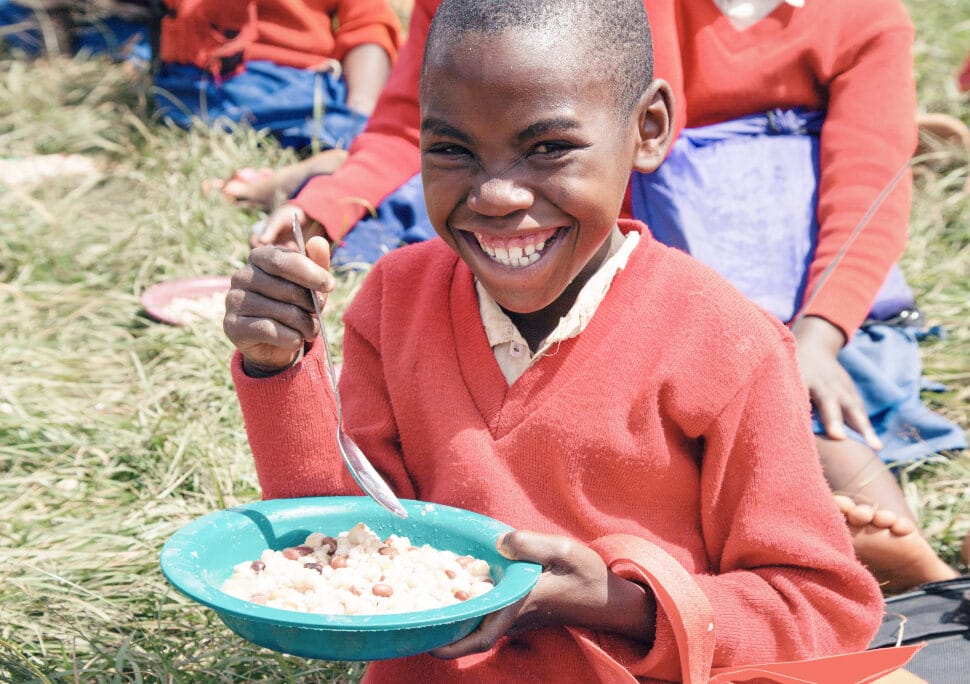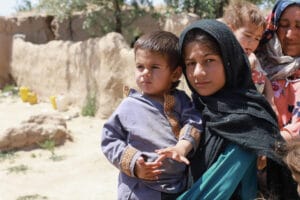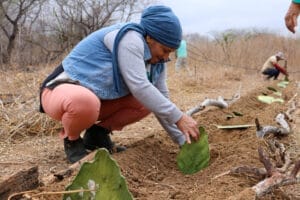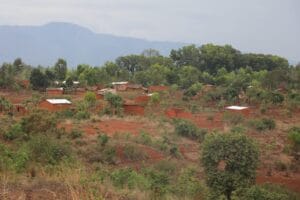
To strengthen the nutritional resilience of Burundi's rural populations by improving access to health services, building community capacity and promoting good food and health practices.
Go to projectEradicating hunger by reaching food security, improving nutrition and promoting sustainable agriculture constitutes objective 2 on the 2030 Agenda. This is why we support small farmers and family farming by promoting autonomy and self-consumption, equal access to markets and to the economy.
In the last year, we worked in 14 countries by acting on the causes of food insecurity due to structural poverty, conflicts or climatic phenomena through an integrated approach: select the poorest families to identify and prevent acute and chronic malnutrition, increase the availability of food and improve the diet, and fight poverty with agricultural inputs.
We are able to guarantee food to about 70,000 people through direct distribution, monetary transfers and food coupons, the latter that can be spent at affiliated merchants, thus supporting the local economy.
We promote technical training and the supply of seeds and equipment to increase food production and enhance family diets. We have raised awareness in communities against malnutrition, focusing our attention on actors of change: women, community leaders, health staff and teachers.
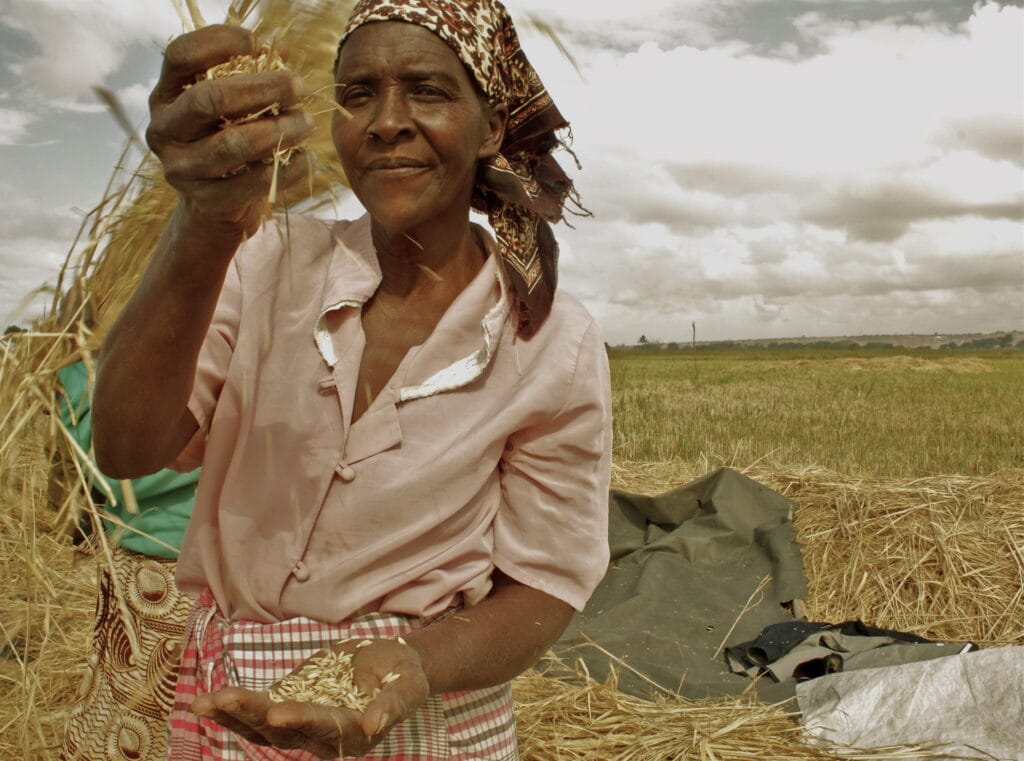
To strengthen the nutritional resilience of Burundi's rural populations by improving access to health services, building community capacity and promoting good food and health practices.
Go to projectThe project aims to strengthen the food insecurity and disaster preparedness, prevention and response capacities of the most vulnerable segments of the Afghan population, with a particular focus on women heads of households. Through a multi-sectoral (Agriculture, Food Security and Risk Reduction) and integrated (Emergency-Resilience) approach, the initiative responds to immediate and long-term needs in line with the humanitarian response plan outlined by OCHA. The intervention strategy is based on the nexus between immediate food assistance (cash distributions and emergency livelihood support) and the promotion of climate-sensitive agricultural production activities as an anticipatory response to recurring crises resulting from climate shocks.
Go to projectThe Project is currently being implemented in municipalities of the semi-arid region of Ceará which face severe desertification. The initiative aims to promote food and water security through Agroforestry Systems irrigated with brackish water and training in agroecological practices. The project seeks to increase agricultural productivity and family income while strengthening the climate resilience of communities. The actions include drilling artesian wells and environmental restoration, focusing on sustainability and conservation of the Caatinga biome.
Go to project